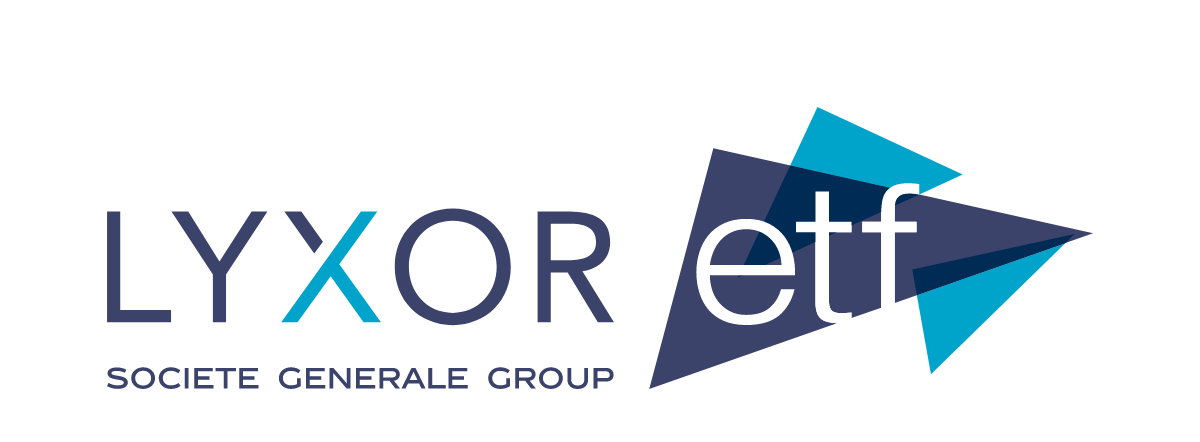A screening-based strategy for Environmental, Social and Governance (ESG) scores can raise the ESG profile of both passive and active portfolios without reducing risk-adjusted returns is what ETF issuer Lyxor concluded in its recent research paper.
Lyxor back-tested a universe of stocks represented by the MSCI All Country World index between 2007 and 2018. It found that an ESG screener which excludes companies with low ESG scores did not negatively impact portfolio performances.
Instead of reducing the ETF’s return potential, Lyxor found ESG filters actually improved the performance of risk factor portfolios, even on a risk-adjusted basis. Using European equity size portfolio as an example, excluding the bottom half of companies with the lowest ESG ratings resulted in adding 2.3% per annum of return over 10 years and reduced volatility by 1.6%.
While assets within ESG remain heavily in active strategies, there is evidence of a shift to index funds among investors, most notably in Europe. Passive ESG funds domiciled in Europe have seen their assets grow at a rate of 35% per annum for the past five years compared to only 11% for active ESG funds.
Another study by the University of Pennsylvania has found a connection between poor (ESG) scores and increased credit risk.
Marlène Hassine Konqui, head of ETF research at Lyxor Asset Management, said in a statement: “Improving the ESG profile of a portfolio does not happen at the expense of performance. In some cases, it can even lead to superior returns.
“And as the availability and reliability of ESG information improves, more and more index-based strategies are being created to embed ESG characteristics.”



